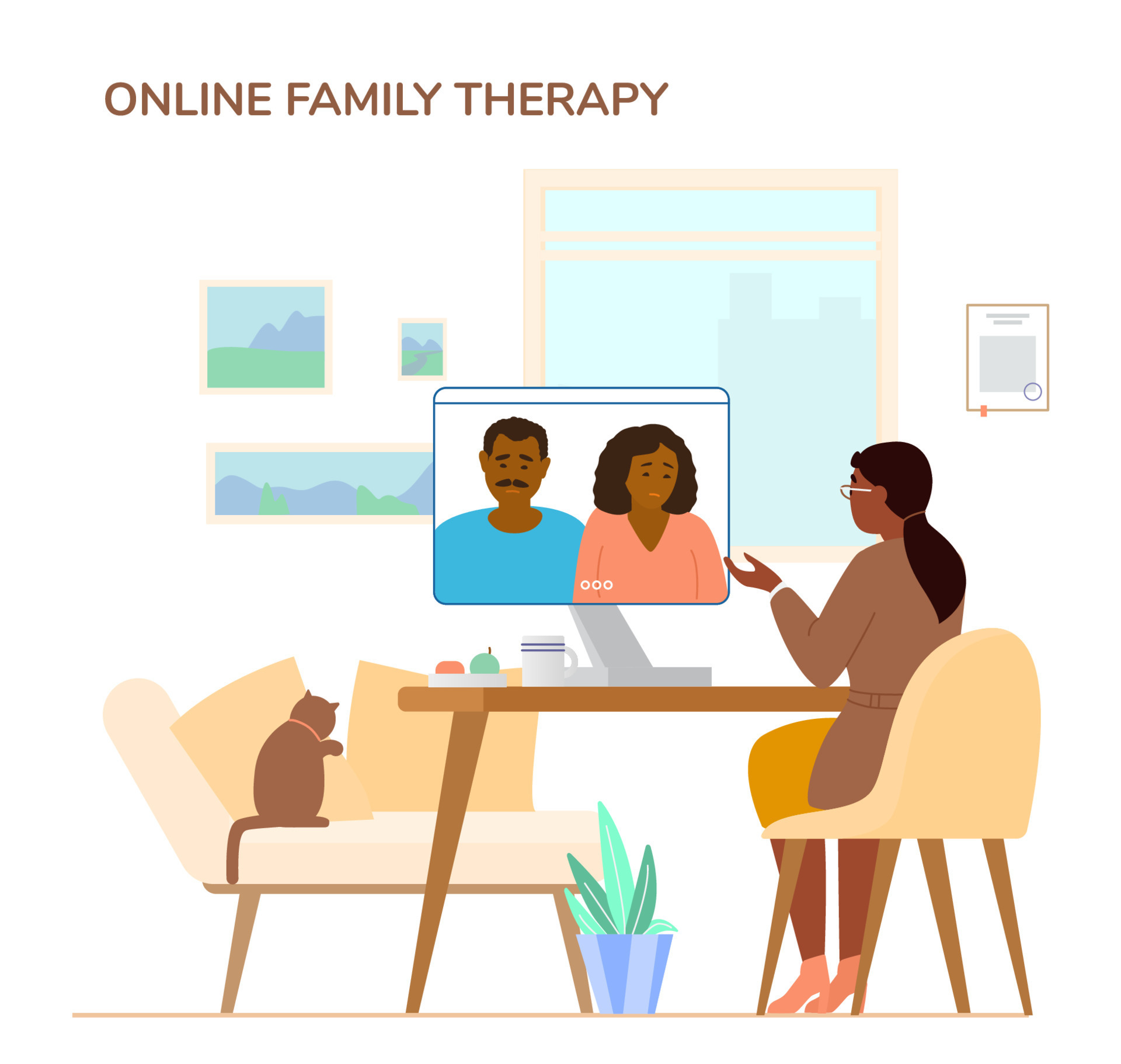The Digital Counseling Movement: An New Possibility for Mental Wellness
Recently, the domain of mental health resources has undergone a transformative change, ushering in a new phase of online therapy. As the public becomes more aware of the value of mental wellness, the request for affordable and user-friendly mental health resources has skyrocketed. Online therapy has emerged as a legitimate alternative, bridging the gap for those who may have previously struggled to access traditional forms of therapy. Therapy Helpers supplies individuals the freedom to seek help from the safety of their space, removing obstacles such as travel, timing issues, and even stigma.
With technological progress of technology, mental health professionals are now able to connect with clients using various digital platforms, making therapy available to more people and suitable for diverse lifestyles. Whether it is through video calls, chat sessions, or even mobile apps, online therapy provides personalized assistance tailored to individual needs. This strategy not only expands the reach of mental health services but also cultivates a sense of optimism for those looking to enhance their mental well-being. As we explore how online therapy can transform mental health care, it is essential to understand its influence on people and society and the wider community.
Benefits of Virtual Therapy
One of the primary benefits of online therapy is accessibility. Individuals can engage in therapy from the comfort of their own homes, removing the barriers of travel and scheduling that traditional in-person sessions often present. This ease allows people with hectic lives, those in isolated areas, or individuals with mobility challenges to receive the psychological assistance they need without the additional stress of logistics.
Another major benefit is the variety of therapeutic options available through online platforms. Users can choose from various modalities, including CBT, mindfulness therapy, and more. With a vast network of licensed professionals, individuals can find a therapist who matches with their particular needs and preferences, ensuring a more personalized approach to their psychological well-being journey.
Online therapy promotes improved privacy and confidentiality, which can be a critical factor for many looking for help. Participating in therapy from a secure space can make individuals feel increasedly secure and open, motivating them to discuss sensitive issues that they might hesitate to share in a traditional office setting. This greater comfort can lead to further effective therapy sessions and ultimately better mental health outcomes.
Obstacles and Drawbacks
Despite the many advantages of online therapy, there are multiple challenges and constraints that need to be taken into account. One major issue is the matter of accessibility. Not everyone has consistent internet access or the required technology to engage in online therapy sessions. Individuals in remote areas or those with restricted financial resources may find it challenging to access suitable platforms or therapists who are available to provide online services. This digital divide can create inequalities in mental health care access, leaving certain individuals without the assistance they need.
Another issue lies in the therapeutic relationship itself. Building a connection and confidence is crucial in any therapeutic setting, but online therapy can sometimes obscure this process. Non-verbal cues such as body language and facial cues can be harder to interpret through a screen, which may lead to confusion or misinterpretations. Some individuals may also feel less comfortable discussing sensitive issues in a digital environment compared to face-to-face interactions, which can impact the efficacy of the therapy.
Finally, the efficacy of online therapy differs based on the individual and their particular mental health requirements. While certain individuals may do well in a digital setting, others may believe that in-person therapy is more helpful for them. Certain mental health conditions may demand more comprehensive interventions that can't be fully addressed through online techniques. It is important for people to understand their specific requirements and recognize that online therapy may not be a standard solution.
Future of Psychological Support
The future of mental health services is growing progressively linked with tech innovations. As the community recognizes the importance of mental health, digital therapy is poised to emerge as a mainstream choice for those seeking support. Advancements in virtual health services will further to improve availability, enabling individuals from diverse cultures and locations to utilize mental health resources easily.

Moreover, the personalization of therapy through data-driven insights and artificial intelligence is growing. These tools can tailor therapy methods to meet the specific requirements of each individual, enhancing engagement and results. As digital psychotherapy evolves, practitioners will be better equipped to deliver customized care, leading to a more effective treatment outcome.
Additionally, the blending of digital therapy with conventional therapy may change how treatment is provided. Combination approaches that combine face-to-face therapy with virtual support can provide a comprehensive approach to psychological health. As awareness grows and bias diminishes, the continuous development of digital mental health services will be pivotal in transforming the field of mental health services for the better.